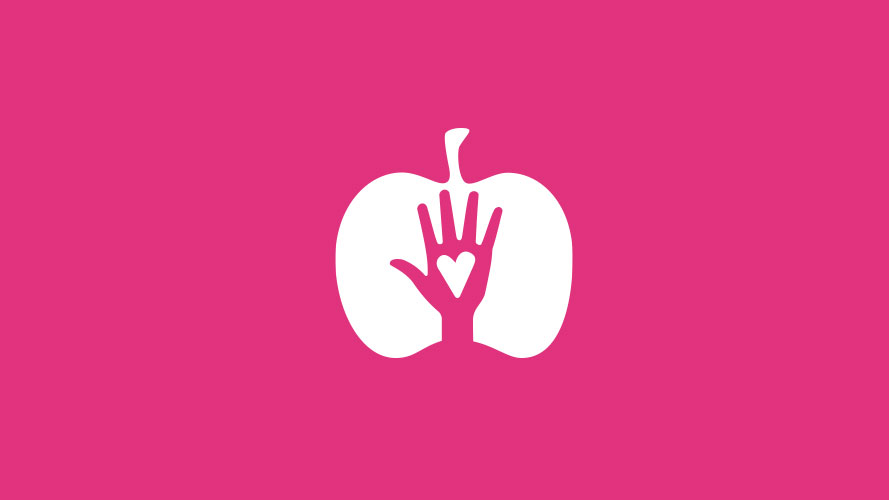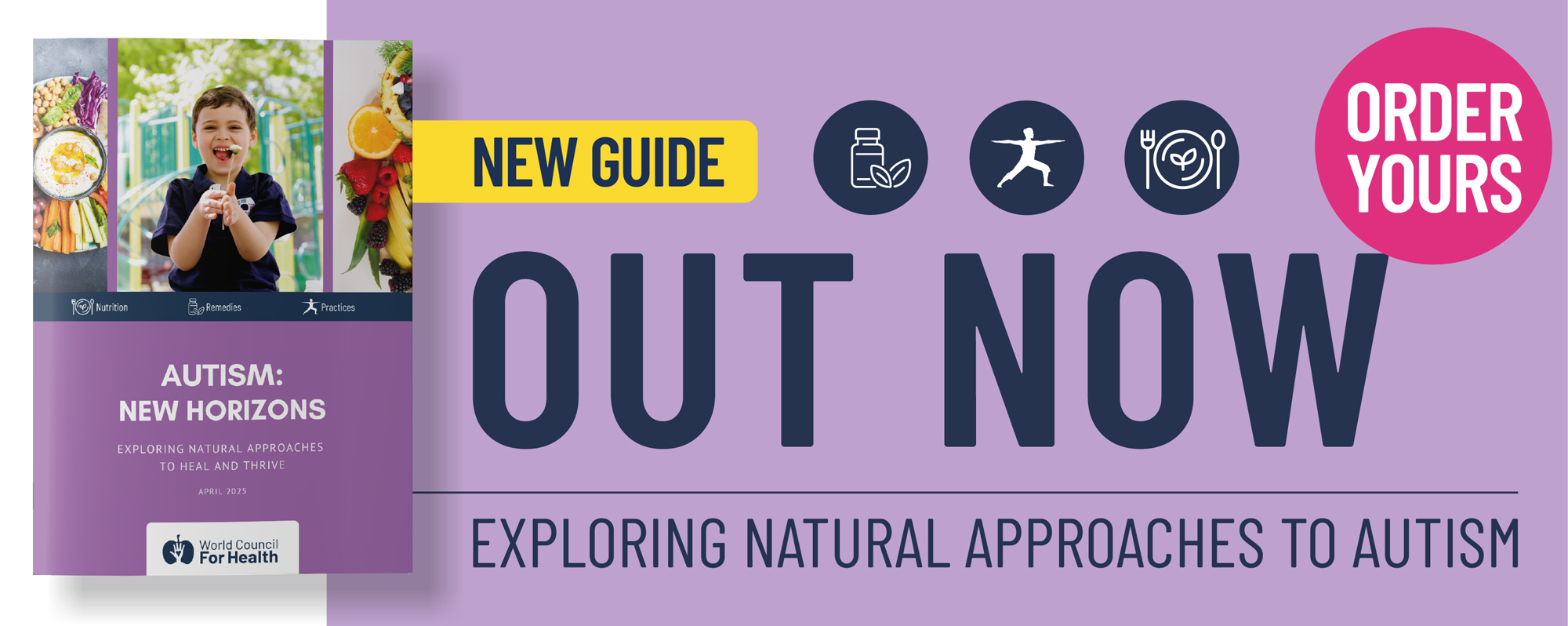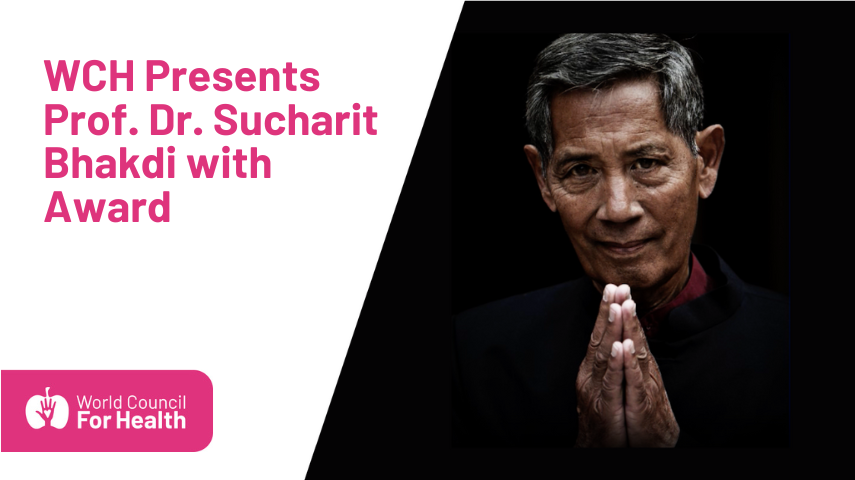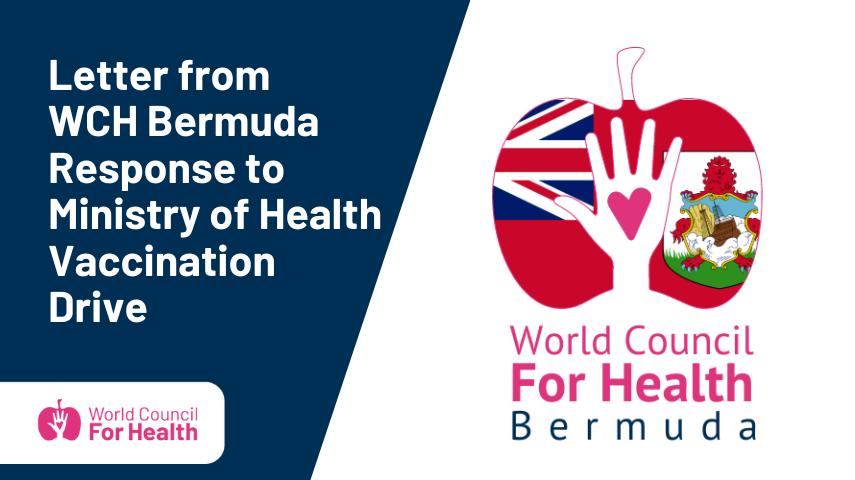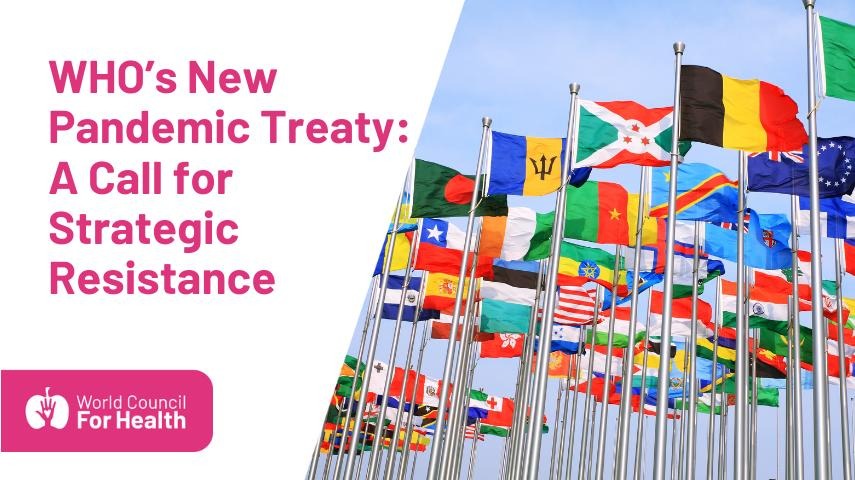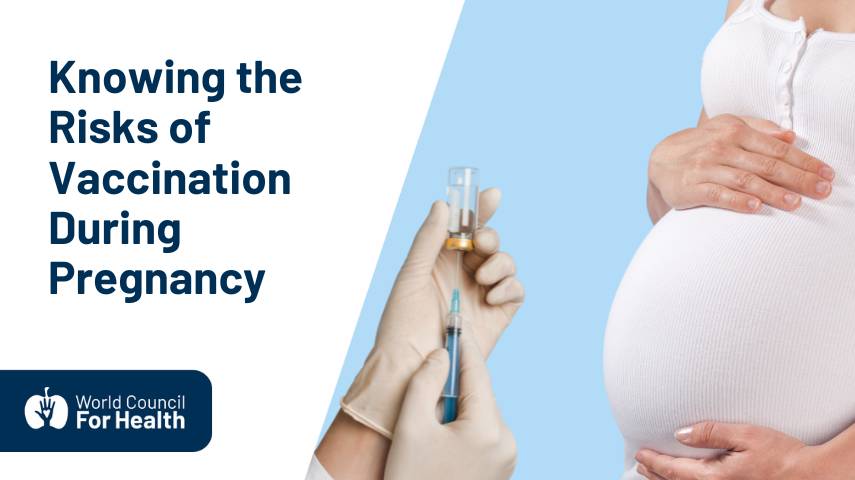To Uphold Medical Ethics and Professional Standards
15th October 2022
We, the undersigned UK doctors, declare our grave concern about violations of medical ethics, in both clinical practice and scientific research, with the potential to result in serious harm to patients.
As a result, we require that all incidences of such violation be immediately investigated by the GMC, and measures put into place to prevent this from occurring in the future.
We specifically request that:
A) Individuals’ choices regarding medical treatments and interventions are respected at all times
1. Informed consent is the cornerstone of Good Medical Practice and is specifically referenced in the NHS Constitution (i). Article 6 of the Universal Declaration on Bioethics and Human Rights 2005 states that “any preventive, diagnostic and therapeutic medical intervention is only to be carried out with the prior, free and informed consent of the person concerned, based on adequate information” (ii). Informed consent is firmly embodied in UK law, following the Supreme Court decision in Montgomery v Lanarkshire Health Board [2015] UKSC 11 (iii). It is the duty of any doctor registered with the UK’s General Medical Council (GMC) to “give patients the information they want or need in a way they can understand” and to“treat patients as individuals and respect their dignity” (iv).
2. Medical practice in the UK has been increasingly driven by generic protocols and guidelines, without thorough deliberation of their applicability to an individual and their preferences. Specifically, during the COVID-19 pandemic, the general population has been pressurised to undergo medical interventions, such as mask wearing, PCR testing and vaccinations, without any individual assessment of benefits versus risks. This is in direct breach of Good Medical Practice, which requires doctors to respect each patient’s right to reach autonomous and free decisions about their treatment and care.
3. UK doctors have been strongly discouraged from asking critical questions and from discussing safety concerns with patients. Valid consent for medical interventions requires full disclosure of all known and potential risks and benefits as well as alternatives to treatment. Information given to patients must be comprehensive, up-to-date, transparent and based on scientifically robust data. This legal requirement, as upheld by the GMC, the NHS Constitution and the Montgomery ruling, is frequently not being met, and patients’ dignity, rights and autonomy are therefore violated.
4. The sanctity of the patient-doctor relationship must be reinstated, where clinical conduct is bound by the ethical principles of Good Medical Practice and doctors’ professional judgement, rather than protocols designed by governing bodies with vested political and economic interests.
5. We, as medically and academically educated doctors, must be at liberty to gather evidence and information according to our professional skills in appraising the scientific literature without fear of being reprimanded for debating a prevailing narrative.
B) Scientific research is conducted and published with integrity
6. Expectations of integrity apply to the medical community as well as to their sources of information and support. It is the duty of any GMC-registered doctor to “maintain trust in you and the profession by being open, honest and acting with integrity” (iii).
Integrity of advisory and regulatory bodies
7. Current practice in the UK requires doctors to place their undivided trust in advice from government experts, mostly the Scientific Advisory Group for Emergencies (SAGE). Many members of SAGE are not bound by the GMC Code of Conduct or by the Hippocratic Oath, but have affiliations to industry and other organisations with financial interests (v) (vi).
8. With regards to no other health matter are doctors expected to submit to government directives rather than studies of scientific evidence and their own professional judgement and experience. Whilst COVID-19 was initially declared a pandemic by the WHO, it was downgraded and no longer considered to be a high consequence infectious disease (HCID) in the UK as of 19th March 2020 (vii). There is therefore no plausible justification for suspending established pathways for developing advice on managing health and illness. Opinions and viewpoints of the body of practising doctors have neither been sought nor acknowledged, but have instead been censored and restricted.
9. There is a clear potential for compromised integrity within the advisory and regulatory bodies, which we rely on for guidance and support to protect our patients from harm (viii). Doctors are expected to trust that post-marketing surveillance (effectively Phase 4 trials) of the COVID-19 vaccines will be carried out by the Medicines and Healthcare products Regulatory Agency (MHRA) with due diligence, without having received any instructions or encouragement to report adverse events. Many MHRA Board members have affiliations to industry (ix), and the MHRA as an organization receives 86% of their funding directly from the pharmaceutical industry (x), which has a direct interest in a continued and unhindered vaccine roll-out (xi) (xii).
Integrity of clinical research
10. Several of the principles of Good Clinical Practice (GCP) have not been upheld with regards to recent clinical research and scientific publications. GCP training is a requirement set out in the UK Policy Framework for Health and Social Care Research (xiii) (xiv), which incorporates the principles of the Nuremberg Code (xv) and the Declaration of Helsinki (xvi) [first adopted 1964 / most recently amended Oct 2013 (xvii)].
11. The process of making an investigational medicinal product available for immediate mass administration has been highly irregular and inconsistent with established scientific practice.
- Clinical trials to investigate efficacy and safety of COVID-19 vaccines were not conducted by independent research teams but by pharmaceutical companies with a direct financial interest in the sale of their products. These companies were granted exemption from any liability for adverse effects caused by their products, as they were brought to market before trial completion (xviii) (xix).
- Clinical trials were ended prematurely by unblinding the trial participants and administering the product under investigation to the placebo group. This would not be permissible had a clearly described and justified trial protocol been followed, as required to receive ethical approval, and has clearly prevented a meaningful evaluation of the COVID-19 vaccine trials, specifically regarding long- term safety.
- Raw trial data remain inaccessible and can therefore not be independently scrutinised despite unblinding and effectively ending the COVID-19 vaccine trials prematurely (xx). This is a violation of ethical principles according to the Declaration of Helsinki which states that “Researchers, authors, sponsors, editors and publishers all have ethical obligations with regard to the publication and dissemination of the results of research. Researchers have a duty to make publicly available the results of their research on human subjects and are accountable for the completeness and accuracy of their reports.”
12. The process of publicising research findings has also become highly irregular and inconsistent with transparent and ethically conducted clinical research. Despite often blatant discrepancies between raw data presented and conclusions (xxi) (xxii) (xxiii), abbreviated headlines are immediately catapulted into the public domain via press releases, which are then integrated into public health policy without further scrutiny.
Conclusion
It is the duty of any GMC-registered doctor to “be competent and keep your professional knowledge and skills up to date” (xxiv). As UK doctors, we are educated to appraise scientific literature and clinical trial data. We are required to scrutinise evidence on a regular basis to ensure we apply principles of best practice with regards to safety and efficacy.
Furthermore, we are required to“take prompt action if you think patient safety is being compromised.” This includes a duty to raise concerns when practices are observed that are based on poor or insufficient evidence and have the potential to cause harm to patients.
This statement is a public declaration of our grave concerns regarding current medical practices, which may cause serious harm to patients.
We are dismayed that several doctors, who have already raised these and similar concerns, have not been supported by the GMC, despite their action taken as required by the GMC’s own code of conduct. Instead, doctors have been vilified for highlighting these violations of basic ethical principles.
We request that our concerns are now acknowledged and that every necessary step is taken for them to be addressed and rectified as a matter of the highest priority.
